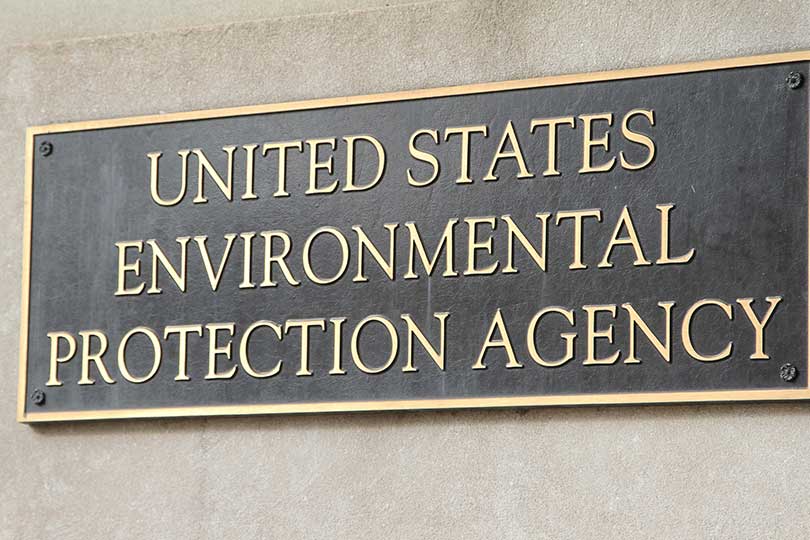By Shala Watson
TFB Public Relations Intern
Late last week, 145 bipartisan lawmakers joined together to seek answers from the Environmental Protection Agency (EPA) on disturbing violations that allowed agency grants to be used for an anti-agriculture campaign in Washington state.
The What’s Upstream campaign used EPA-funded grant awards for a website, radio advertisements and billboards depicting dead fish and polluted water, urging individuals to contact their state legislators and hold agriculture responsible.
“We already know this campaign was malicious. Now we need to know what role the EPA had in it and whether they are properly monitoring the lawful use of federal funds,” Senate Agriculture Committee Chairman Pat Roberts said in a written statement.
Reps. Dan Newhouse (R-WA) and Brad Ashford (D-NE) were joined by House Agriculture Committee Chairman Mike Conaway and other lawmakers who submitted the letter to EPA Administrator Gina McCarthy to show their strong disapproval of the mismanagement of funds and to support the investigation of the EPA grant management.
“We find this revelation particularly disturbing as it follows closely to both the EPA Office of Inspector General (OIG) questioning of Region 10’s award monitoring and a December 2015 Government Accountability Office (GAO) report that found EPA had committed similar violations on social media advocacy campaigns supporting EPA’s Waters of the United States (WOTUS) regulations,” the lawmakers wrote in the letter.
According to Newhouse, an EPA Inspector General’s (IG) report from 2014 warned that the EPA “had insufficient protections in place to ensure grant awardees were not using funds for advocacy, propaganda or lobbying efforts.”
Conaway and Newhouse discussed their concerns on the issue in a conference call with media.
“Whether or not the agency can be trusted or not, certainly that’s part of our oversight function and one of our biggest reasons that we wrote the letter to shine light on the situation to make sure that people are aware,” Newhouse said.
Agriculture has taken a blow from this campaign.
“Farmers grow and produce the food that we put on our tables, and they do not deserve to be maligned by publicity campaigns that are paid for using taxpayer funds,” Newhouse said. “Cutting off funding is the correct first step for the EPA, but the EPA has financed What’s Upstream since 2011.”
According to Conaway, McCarthy told the Senate “no major funds have been spent illegally.”
When McCarthy appeared before the Agriculture Committee she responded with a “display of regulatory arrogance” and “clearly refuted these statements” when asked to comment on the matters.
Lawmakers agree trust in the EPA is going to be difficult to regain and many farmers feel betrayed.
“You know a lot of the activities that farmers are engaged in require a high level of trust with the EPA, as well as state environmental agencies,” Newhouse said. “In order to gain that trust back, there is certainly going to have to be some big systemic changes at EPA in order to restore any level of trust to get the working relationship back to where it needs to be.”
“We’re going to continue to push on EPA to get answers from them,” Conaway said. “I am hopeful the IG will get in and gather all the facts in an even-handed manner so that we can look to see what happened and at that point be prepared to see what our response should be.”

